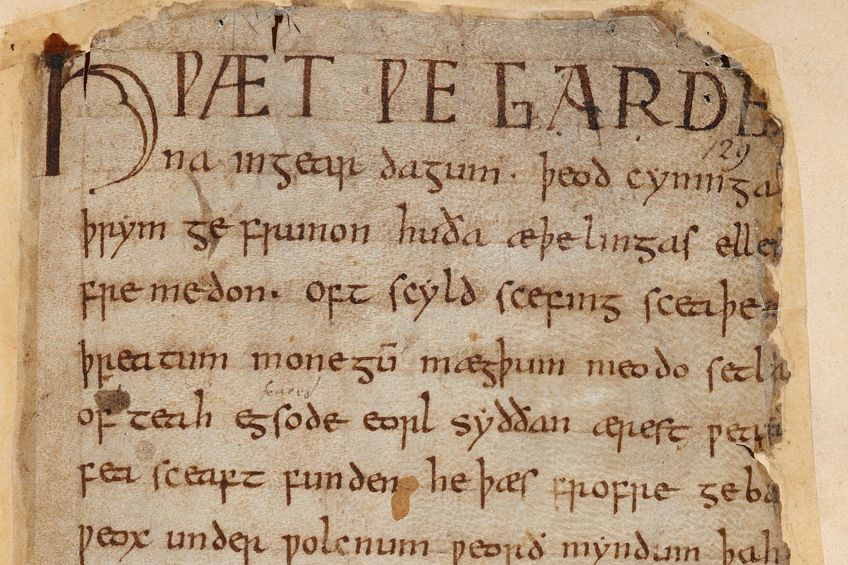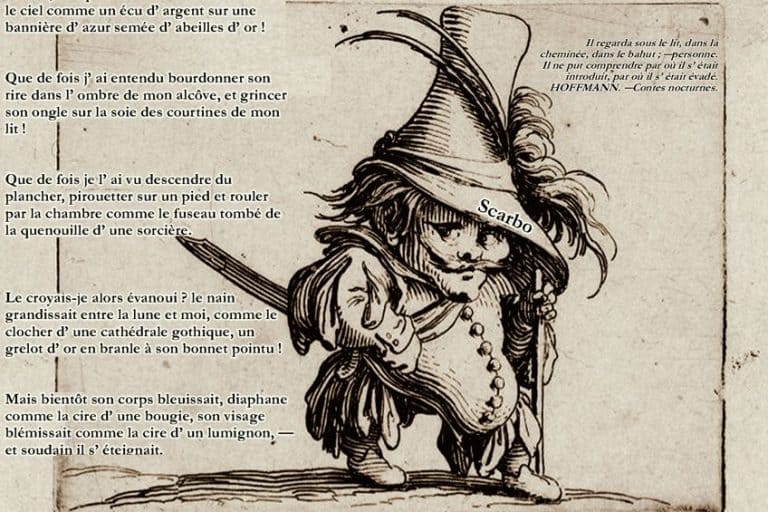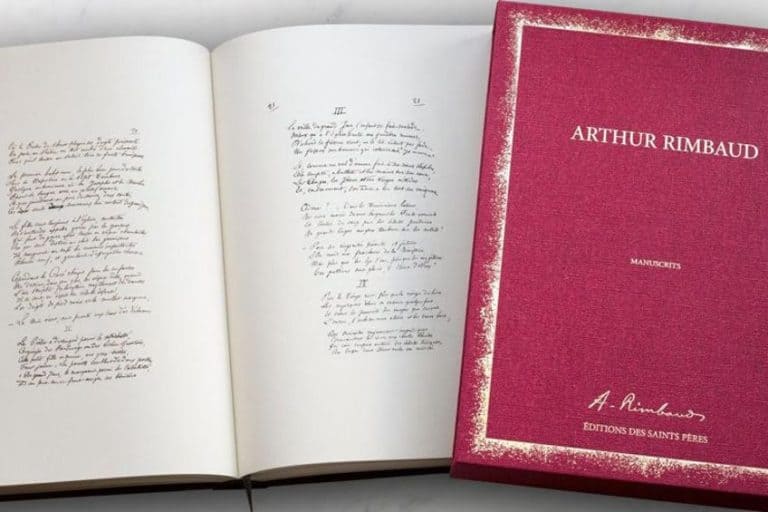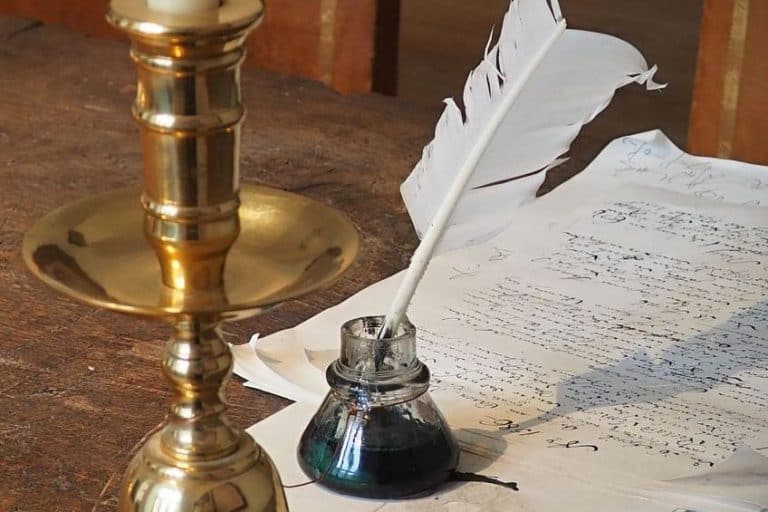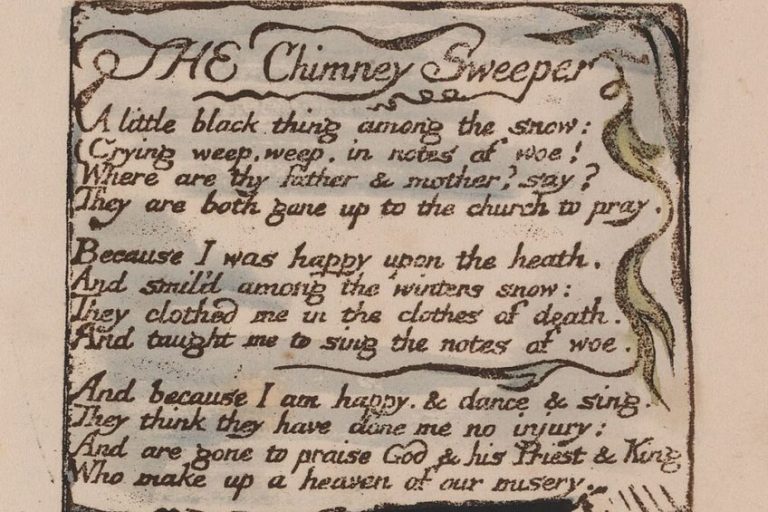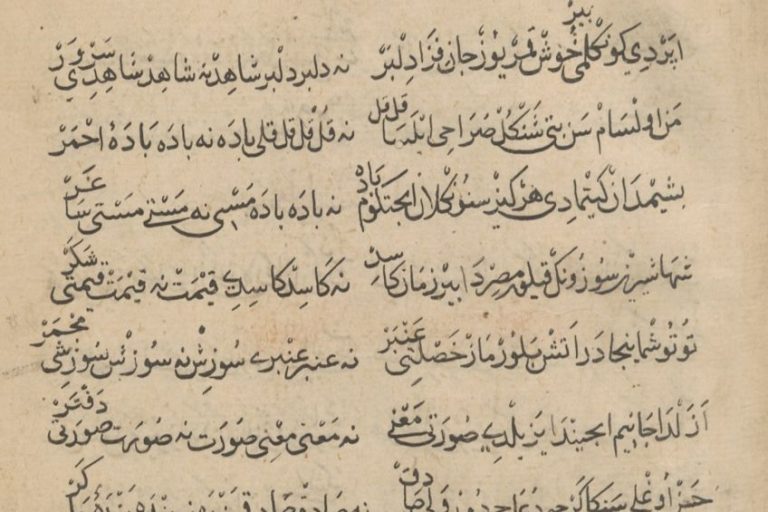Epic Poetry – The Art of Storytelling Through Prose
Epic poetry is one of the oldest types of poetry that has existed in the world, and it has been around since ancient times. This is why we will examine the history of this form, a few epic poetry characteristics, the relationship between this form and religion, a number of examples of epic poems, and a brief look at the epic poem in the present day. All of these sections should together help us discuss and explore the rich legacy of the epic poem. If you have ever had any questions about epic poetry and want them answered, some of those answers may be found below.
A Look at Epic Poetry
Epic poetry is one of the types of poetry that has existed longer than any other. We will discuss its history in more detail below, but the ancient origins of this form should be understood and noted. It has been around for thousands of years and has served as a source of inspiration within culture and religion. But what is epic poetry in the first place? Why is it so ancient and influential?

The more simplified answer to these sorts of questions is that epic poetry elements are conducive to storytelling. Some of the oldest forms of literature have to do with telling stories, and the epic poem is a type of poetry that explicitly follows heroic characters in lengthy narratives with a grand sense of scale. In addition, many examples of epic poetry make use of supernatural or mythological elements because many of the oldest forms of this type of poetry have their roots in religious teachings.
Over the course of this discussion, we are going to examine various elements of epic poetry to come to an understanding of this truly ancient form. However, before we can proceed with our look at the history of the epic poem, we should first stop for a moment to provide a brief summary of this type of poetry.
Summary of Epic Poetry
If you want to learn a lot more about epic poetry, you will need to read more than only a few summarized points, but if you want a quick summary before we jump in or if you just need a few points, we have you covered. These are some of the main points that should be kept in mind when considering epic poetry.
- Epic poetry is a Classical form of poetry. The form can be traced to places like ancient Mesopotamia and Greece, and some of the earliest examples of the form are thousands of years old and precede most other forms of poetry.
- Epic poetry conveys a narrative. This type of poetry is a strong means of presenting the reader with a narrative as they are long, and they include plot, characters, and so on. However, the novel would eventually come to somewhat replace the epic poem as a means of conveying a complex narrative.
- Epic poetry has connections to religion. Some of the earliest of all epic poems would become foundational texts in the history and development of a number of different religious and cultural practices. For instance, the Epic of Gilgamesh became an important work in ancient Mesopotamian religion.
This brief summary of epic poetry should provide a basic understanding of the general premise of this poetic form, but if you want to have a far more detailed look at one of the oldest types of poetry, you should keep reading.
We are next going to discuss the origins of epic poetry.
The History of Epic Poetry
The epic poem has a very long history. Some of the oldest known texts in the world have been examples of epic poetry. Some of those poems will also be discussed in some of the sections below. Some of the first of this variety include texts like The Epic of Gilgamesh and the Homeric poems. These poems, such as those from ancient Mesopotamia and Greece, are truly ancient texts that would go on to be foundational in the establishment of cultures and religions.

Later epic poems, such as the work of Dante Alighieri and later John Milton, were also major texts, but they instead came to be seen as incredibly important pieces of literature rather than foundational in the establishment of religious practices. So, the power of the epic poem faded from antiquity into the Middle Ages and the Renaissance, but it was still a popular form that preceded the novel as a means of expressing lengthy narratives.
The establishment of the novel did remove some of the power of the epic poem as a narrative text, but there are still some instances of epic poems that have been produced. For instance, Omeros by Derek Walcott. However, these are not as common as they used to be.
The epic poem still exists in the present day, but purely as a piece of literature rather than as something around which a religion might be expanded.
Epic Poetry Characteristics
When it comes to the characteristics of epic poetry, there are a few major points to keep in mind, and these points are often similar to those you might find in certain types of prose, such as fantasy. In many ways, the ancient epic poems are fantastical in their presentation, such as by featuring mythological creatures or grand battles. These remain some of the most common epic poetry elements.

Other major aspects of this form include the use of great heroic characters. These characters are often cultural or mythological figures, and they usually engage in adventures, battles, and/or travels. The scope of epic poetry often sees the narrative transition between different settings so that the heroic characters can perform important and significant deeds, often for gods or godlike figures.
In terms of the narrative presentation of these poems, they also often make use of elements that we might typically associate with prose in general. For instance, epic poems have narrative structures with beginnings, middles, and ends, they have characters and characterization, plots, and so on.
Essentially, these poems tell stories that are usually large in scale and scope.
The Relationship Between Epic Poems and Religion
There is a longstanding relationship between epic poetry and religion. The reason for this is because some of the oldest examples of epic poems, such as the great epic poems of Homer, became important in the development of ancient Greek polytheistic religious practices, rituals, and festivals. These texts examined and discussed the gods and other mythological figures.

The religion of these ancient cultures was often baked into the texts and so even if the texts were not explicitly religious in nature, they would entail divine entities and forces. Through the development of religion, they also aided in the growth and spread of cultures, as many of these kinds of texts could be used to extoll the virtues of whatever society had produced them.
So, while many of these ancient epic poems may not have been on the on the same religious level as a text like the Christian Bible or the Islamic Qur’an, they were immensely important to the cultures of these ancient civilizations, and they contained elements of the religions of these cultures, and so formed part of religion and culture as a whole.
Examples of Epic Poems
When it comes to answering a question like, “What is epic poetry?”, we often need to turn to a few examples to provide an answer. This is why we will now examine five of the most famous examples of epic poetry that have ever been written. Some of these have formed part of religious traditions, as was discussed above, but they have remained important pieces of culture regardless of their relationship to religion.
So, let’s examine these few epic poems to see why they have remained such important and influential texts.
The Epic of Gilgamesh (2100 – 1200 BCE) by Unknown Mesopotamian Poets
| Date Published | 2100 – 1200 BCE |
| Type of Poem | Epic poem |
| Rhyme Scheme | None |
| Meter | None |
| Topic | The tale of Gilgamesh |
The Epic of Gilgamesh is one of the oldest written texts of all time, and it has been around for thousands upon thousands of years. The full text tells the story of Gilgamesh, who was a king of Uruk and a mythical figure and hero. He may have been based on a real-life king, but historical records from such ancient periods can only get us so far. What we do know is the fantastical tale told in this particular epic poem.
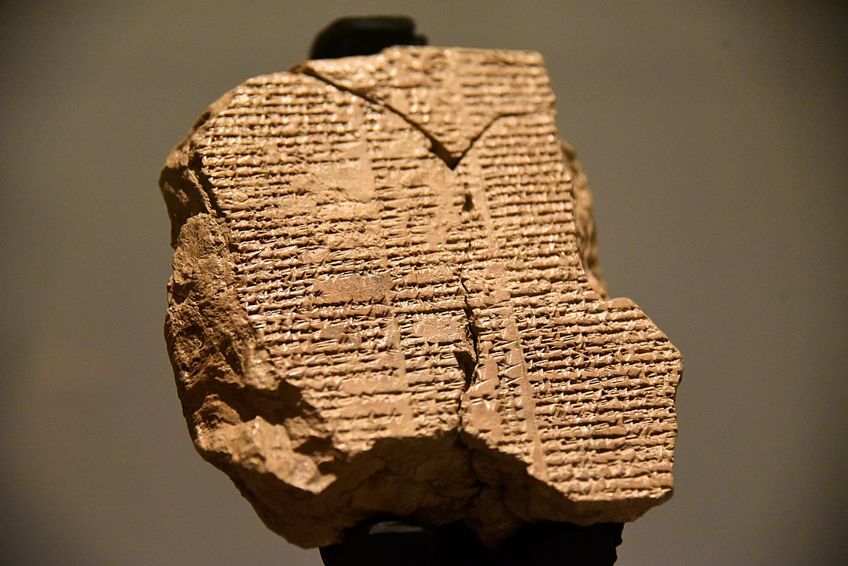
Many of the common epic poetry elements can be found in this poem. For instance, the great hero of the story loses someone he cares about and spends most of the second half narrative seeking the secret to eternal life.
This epic poem has become seen as a foundational text in the history of religion and heroic sagas in general.
Iliad and Odyssey (8th Century BCE) by Homer
| Date Published | 8th Century BCE |
| Type of Poem | Epic poem |
| Rhyme Scheme | Dactylic hexameter |
| Meter | None |
| Topic | Trojan War |
The Iliad and Odyssey are considered to be some of the most famous epic poems ever written and have served as foundational texts in the history of Western literature in general. While these two texts are distinct from one another, and they are each individual epic poems in their own right, they are often lumped together. They tell the story of the Trojan War and its aftermath.
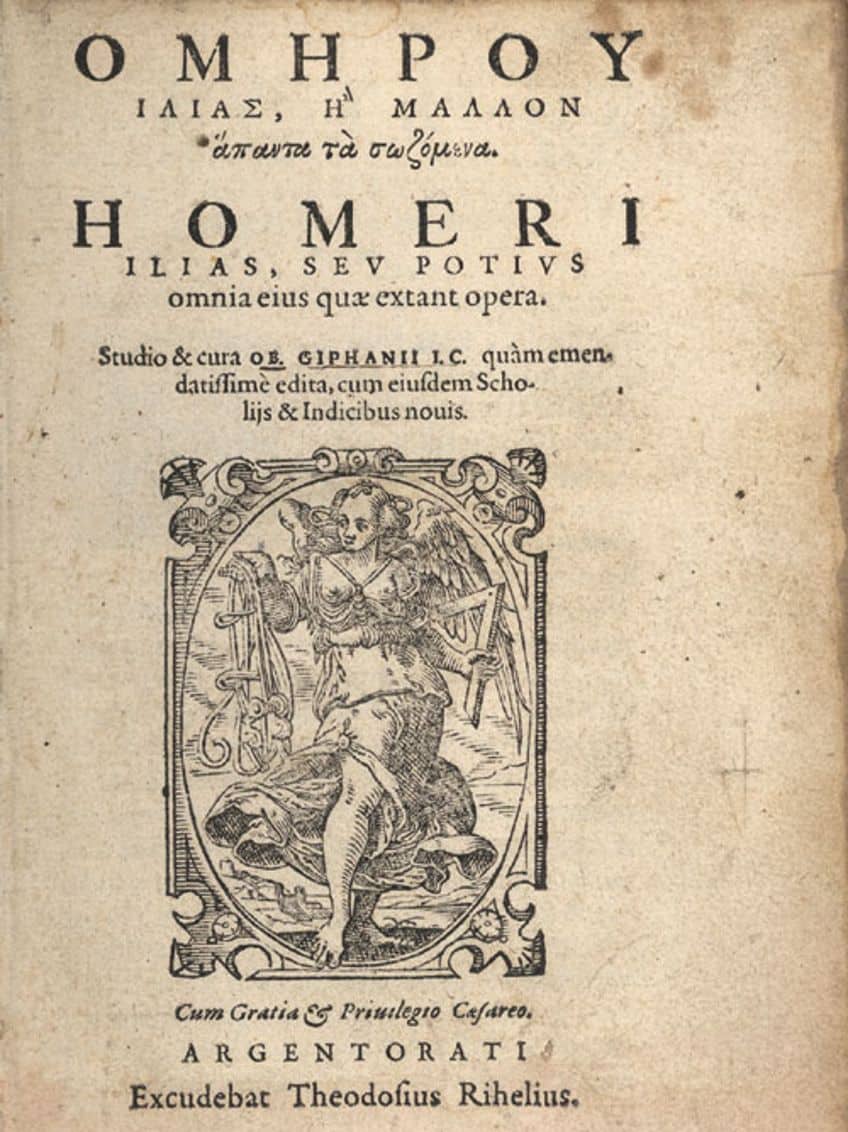
These texts have also come to be seen as some of the most important texts for understanding ancient Greek culture and religion. These poems were also often read aloud at various cultural events and formed part of the cultural landscape of the region.
This has contributed to them being seen as far more than simple epic poems, but also as important anthropological texts that have allowed us to better understand human history.
Aeneid (19 BCE) by Virgil
| Date Published | 19 BCE |
| Type of Poem | Epic poem |
| Rhyme Scheme | None |
| Meter | Dactylic hexameter |
| Topic | The story of Aeneas |
The Aeneid is one of the most famous of all epic poems written in Latin. It is also generally considered to be the greatest text ever written by Virgil. This epic poem tells the tale of the ancient Greek figure, Aeneas, a Trojan who escaped Troy when it fell and then found his way into Italy. He would eventually go on to become an ancestor of Rome, and even though he was a much older character who also appeared in the works of Homer, Virgil breathed new life into his story.

This text is another of the great epic poems and tells the tale of a hero and foundational myth and so, like many of these ancient epic poems, formed part of the founding myth of a civilization. It also tied this figure to the Julio-Claudian dynasty of Rome at the time and so likely served as an effective piece of nation-building too.
This tale has generally been seen as a masterpiece of the epic poetry form.
Beowulf (700 – 1000 CE) by Unknown Saxon Poets
| Date Published | 700 – 1000 CE |
| Type of Poem | Epic poem |
| Rhyme Scheme | None |
| Meter | Alliterative verse |
| Topic | The story of Beowulf |
Beowulf is a poem written in Old English that serves as one of the most important texts to have ever been written in the language. However, when it was written is still a matter that is up for debate, and none are sure of the authorship of the poem even though authorship was often more readily ascribed during this period of time in the history of Western literature. Another interesting point is that there is only one ancient copy of this text, and all others have been reproductions of it.
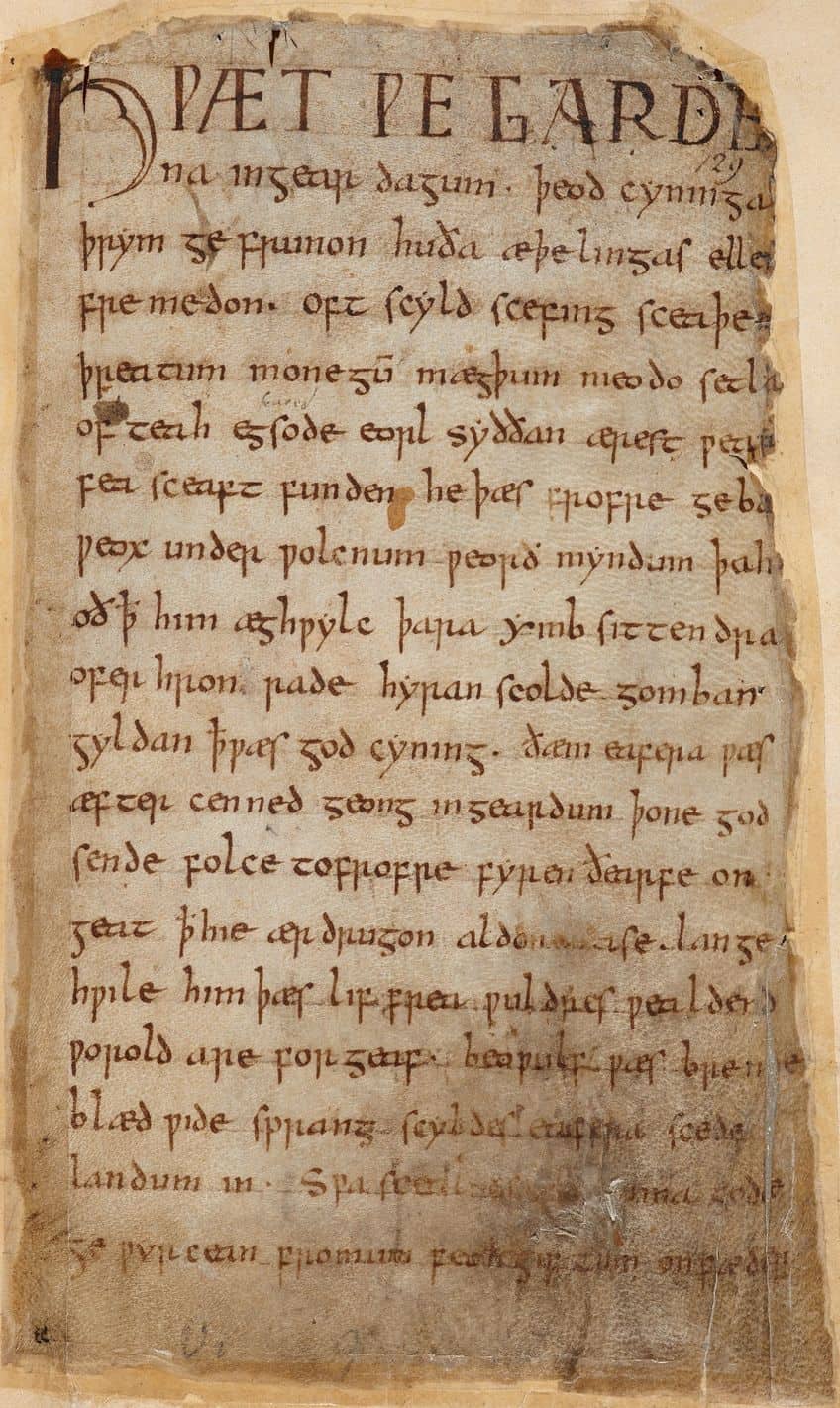
The story is set in Scandinavia and is concerned with the tale of Beowulf, a great hero. The poem is a perfect example of epic poetry as it entails this heroic figure battling the great monster Grendel, becoming king, and eventually fighting a dragon to the death in his old age before dying in the attempt.
The poem has become one of the best-known of all epic poetry and contains many of the most common epic poetry characteristics.
Hyperion (1820) by John Keats
| Date Published | 1820 |
| Type of Poem | Epic poem |
| Rhyme Scheme | None |
| Meter | Iambic pentameter |
| Topic | The Titanomachy |
Hyperion is the only epic poem on this list that has not become a mythical or near-mythical text. In comparison to the others, this is a significantly younger text. This particular poem was written by the Romantic poet John Keats but, even though it is not over a millennia (or several) old like the other epic poems on this list, it does still conform to many of the standard epic poetry characteristics.

Some of these characteristics have to do with ancient mythology. In terms of this particular poem, it is based on the Titanomachy. This was the great war that took place between the Titans and the Olympians in ancient Greek mythology.
However, the poem was also abandoned, and, seeing as John Keats famously died very young, there was never the time to return to the idea.
The Epic Poem in the Present Day
The epic poem may have its origins in ancient times, but a form does not stop being produced simply because it has a highly important religious and cultural history attached to it. However, epic poetry doesn’t exist as it used to. When people wish to write long and complex narratives that make use of multiple settings, characters, and deeds, they’re more liable to turn to the novel than to turn to the epic poem nowadays.

While the epic poetry elements may make them perfect for telling stories, we have predominantly moved away from this in favor of prose texts. There have been some, such as Omeros by Derek Walcott, which is a colonial rewriting of the works of Homer. However, these kinds of epic poems in the present day are unlikely to attain the kind of prestige and significance of the epic poems of the past. Those ancient texts are tied up with the history of whole cultures and were often bound to religions.
Today, epic poems are still being produced, but they are like any other form of literature to most people. One can still seek them out and enjoy them, but most of the stories being told nowadays are being told in very different places and very different ways. The epic poem has left its heyday, but there is always the chance that it could have a resurgence. Stranger things have happened, after all.
The epic poem is one of the oldest and most influential of all forms of poetry. However, it has somewhat fallen to the wayside in recent centuries. The most famous of this variety of poetry was written a very long time ago, but the form still exists, albeit in a less influential state. We have had a look at the history of this form, a few epic poetry elements and characteristics, the relationship between this form and certain ancient religions, and a number of examples of epic poems. Hopefully, this has been a good overview for those who are interested in poetic texts of this variety. If you ever get the chance, try to read some of them. They may be difficult at times, but they are part of human history.
Frequently Asked Questions
What Is Epic Poetry?
This is a form of poetry that has its origins in the ancient world and is noted for its storytelling. Many of the oldest epic poems form part of religious traditions, as they recount the narratives of heroic characters who go on grand quests that are massive in scope and cultural reach. These poems also often make use of mythological characters, creatures, and other elements. While newer forms have been written, the oldest and most famous of them all have formed part of cultural and religious traditions since they were written.
What Are the Main Epic Poetry Characteristics?
The primary epic poetry elements entail the journeys of heroic characters who are sent to do important deeds of some kind. These poems often have large settings that span massive expanses of geography as these characters go on their epic journeys. In terms of the formal style of epic poems, they are often noted for using more elevated language along with figurative descriptions and the kinds of narrative structures that we might today associate with novels.
What Is the Relationship Between Epic Poetry and Religion?
The history of the epic poem is intrinsically tied to the history of religion. Some of the oldest epic poems recount religious traditions and serve as the oldest written texts in those religions. For instance, the epics written by the ancient Greek poet, Homer, are considered to be some of the most important in the polytheistic faith of the period. They were performed at religious festivals and helped people understand their religion. The writing of texts to convey religious messages has existed for several thousand years, and epic poetry has often been at the forefront of that.
Are Epic Poems Still a Major Form in the Present Day?
Epic poems have their origins in ancient cultures and religions, but they have not persisted as a particularly common form into the present day. Many who wish to write complex narratives nowadays are often more inclined to write novels than they are to write epic poems. However, there are still instances of epic poems being written, but they are not as common as they used to be. They will also likely never be as significant to world history as the epic poems that have already been written, because those that have been written are often tied up with ancient cultures and their traditions.
What Are Some Examples of Famous Epic Poems?
There are many famous examples of epic poems, such as Iliad and Odyssey (8th Century BCE) by Homer, Aeneid (19 BCE) by Virgil, and Hyperion (1820) by John Keats. However, some of the most famous examples of epic poetry have unknown authors. For instance, epic poems such as the Epic of Gilgamesh (2100 – 1200 BCE) and Beowulf (700 – 1000 CE) were written by unknown writers and may have been subject to extensive changes before they were recorded in writing.
Justin van Huyssteen is a freelance writer, novelist, and academic originally from Cape Town, South Africa. At present, he has a bachelor’s degree in English and literary theory and an honor’s degree in literary theory. He is currently working towards his master’s degree in literary theory with a focus on animal studies, critical theory, and semiotics within literature. As a novelist and freelancer, he often writes under the pen name L.C. Lupus.
Justin’s preferred literary movements include modern and postmodern literature with literary fiction and genre fiction like sci-fi, post-apocalyptic, and horror being of particular interest. His academia extends to his interest in prose and narratology. He enjoys analyzing a variety of mediums through a literary lens, such as graphic novels, film, and video games.
Justin is working for artincontext.org as an author and content writer since 2022. He is responsible for all blog posts about architecture, literature and poetry.
Learn more about Justin van Huyssteen and the Art in Context Team.
Cite this Article
Justin, van Huyssteen, “Epic Poetry – The Art of Storytelling Through Prose.” Art in Context. November 22, 2023. URL: https://artincontext.org/epic-poetry/
van Huyssteen, J. (2023, 22 November). Epic Poetry – The Art of Storytelling Through Prose. Art in Context. https://artincontext.org/epic-poetry/
van Huyssteen, Justin. “Epic Poetry – The Art of Storytelling Through Prose.” Art in Context, November 22, 2023. https://artincontext.org/epic-poetry/.


